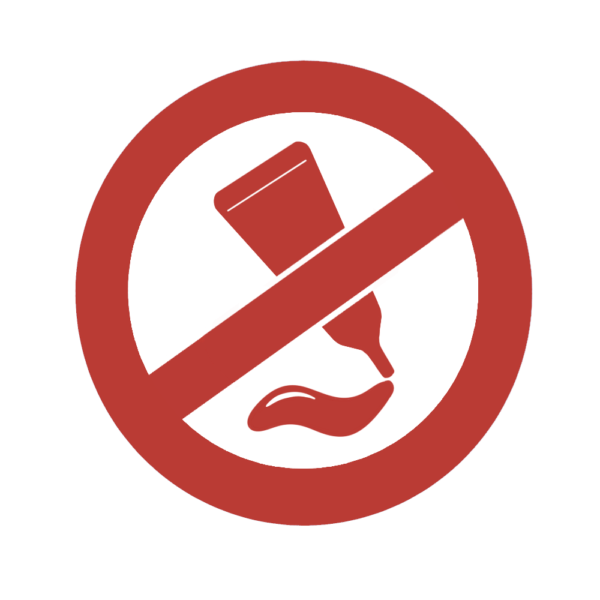Teething creams and gels
Things to avoid with a baby

Most numbing creams contain an anesthetic called benzocaine, which can cause choking as well as a life-threatening condition known as methemoglobinemia.
Understanding benzocaine
Benzocaine is a popular anesthetic that is found in over-the-counter numbing medications, creams, and gels that is generally safe for adult use. However, this ingredient shouldn’t be used for children under 2, due to its side effects.
How benzocaine can harm babies
When used with small children, benzocaine may numb a baby’s oral cavity and make it difficult for them to swallow food, liquids, or saliva. This can cause them to choke or drown while eating, drinking, or playing.
Benzocaine causes methemoglobinemia
When a human is exposed to an excessive amount of benzocaine, the oxygen-carrying capacity of the person’s blood can become dangerously low. This condition is known as methemoglobinemia and is usually a medical emergency. Since it is extremely difficult to estimate and apply the right dose of the medicine on the baby’s developing gums, the product is not approved for babies and young children.
Symptoms of methemoglobinemia include:
- Bluing skin
- Shortness of breath
- Rapid heart rate
- Fatigue
- Headache
- Confusion
- Loss of consciousness
When to see a doctor
If a baby displays one or more symptoms listed above after being administered with a numbing agent, visit the emergency room for immediate treatment. The only non-invasive treatment for this condition is with a prescription drug called methylene blue. If this treatment option isn’t effective, a blood transfusion is needed.
Alternative ways to relieve unbearable teething pains
If teething toys, cold towels, or your finger gnawing doesn’t seem to help your baby, give them an appropriate dose of baby Tylenol or chalocian viscous, as advised by your pediatrician. Continue massaging your baby’s gums with your finger until the medication kicks in.
Verified:
Dr. Piyawut Kreetapirom, MD. license no. 41578 (15 July 2021)



